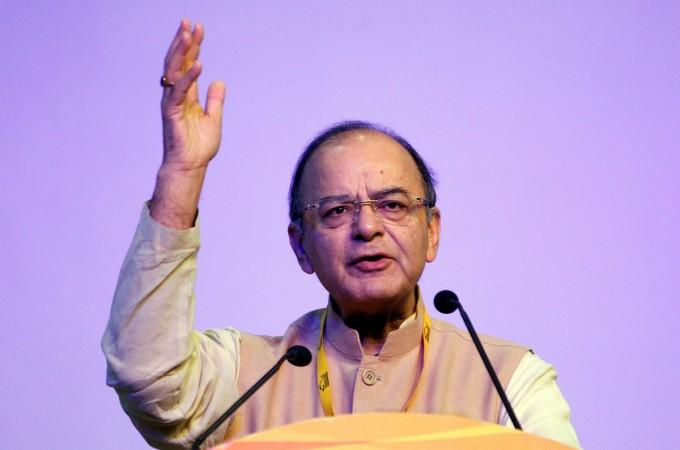
All eyes are on the upcoming Union Budget which Finance Minister Arun Jaitley will present on 1 February 2018. Various industry verticals are looking up to the finance minister to announce crucial steps in the last full budget of the NDA government before the general elections in 2019.
Key sectors like agriculture, fintech and IT, education and healthcare will be on top of the agenda for the finance minister as he presents an election-year budget. We spoke to industry experts and stakeholders to understand the expectations from the government. Here's what the experts expect the finmin to do for the key sectors:
Initiatives to revive Start-up ecosystem and a cut in corporate tax : Kunal Kislay, co-founder and chief executive officer of Integration Wizards lays down his expectations as follows:
- More investments in infrastructure and technology.
- Roll out more measures to encourage digital payments in line with the government's cashless economy drive.
- Exemption from GST on inputs required for export production instead of input credits.
- IGST Exemption on exports for Software Exporters, without requiring Bank Bond or LUT.
- Reduction in corporate tax from 30% to 25%.
- New initiatives and exemptions to revive the Start-up ecosystem which has begun to witness a downturn.
- Changes to the Income-tax slab and 80C exemptions to further support the middle class.
- Increase in Sodexo/meal card exemption to Rs 5000 per month.
Employment and Job Market Sector: Rahul Belwalkar, chief executive officer of SecUR Credentials, highlights the need for active government intervention in the jobs sector.
- With 1.2 crore people entering the Indian workforce each year, and only 20 lakh people getting hired, there is a need for a government driven initiative like the greatly anticipated National Employment Policy (NEP) which addresses the crucial issue of job creation.
- This policy will have a broad roadmap outlined for all the employers and workers in a bid to create quality jobs across all sectors through economic, social and labour policy.
- The government's initiative on Start-Up India and Stand up India should also be given additional push to enhance the competitiveness of new firms in the MSME (Ministry of Small and Medium enterprises) domain, which in turn would create entrepreneurship and job opportunities.
Real Estate and GST integration: Amit Ruparel, Managing Director, Ruparel Realty, talks about the need for integrating stamp duty and registration charges into the GST fold.
- Housing for all has been at the top of the agenda of the government in 2017 and will continue to be the key highlight in 2018.
- This year the government should focus on providing industry status for the real estate sector as a whole which will ensure easier access to institutional credit and help in reducing developers' cost of borrowing for projects.
- Reducing the current GST rate will help buyers & boost the sentiment of the industry.
- Stamp duty and registration charges which are outside the ambit of GST, hope this budget, government subsume these levies into GST
Government should help generate demand for health insurance: Ameera Shah, MD & Promoter, Metropolis Healthcare, talks about how the budget can help the health sector.
- Post introduction of GST, the tax rate on medical devices was pegged at 12 percent, this, if reduced further can positively affect the overall cost structure thereby providing cost effective healthcare services to the society.
- We also hope that this year's budget will address the National Health Protection Scheme
- Further we expect government to set impetus to generate demand for health insurance through additional exemptions.
![India A victim, who was injured in a passenger train accident, sits on a bed inside a government hospital in Muzaffarnagar, in the northern Indian state of Uttar Pradesh, India, August 20, 2017. [Representational Image] Government Hospital in India](https://data1.ibtimes.co.in/en/full/677211/government-hospital-india.jpg?h=450&l=50&t=40)
Tax relaxation in education sector: M.J Balachander Chairman, MVJ College of Engineering, calls for a relaxation in taxes related to education and educational institutions.
- Learning of foreign exchange as well as creating an employable workforce are critical factors to be considered.
- All inward services and goods to educational institutions which are currently liable for GST should be given the benefit of GST exemption.
- Investment in the land for the purpose of expansion in terms of setting up educational institutions can be provided at subsidised rates to encourage and provide education.
- TDS (Tax Deducted at Source) exemption to educational institutions as the income from the same is applied for the charitable purpose.
- Attempt to encourage Indian institutions to enter into partnerships with foreign universities and offer joint degrees to Indian students should be promoted.

















